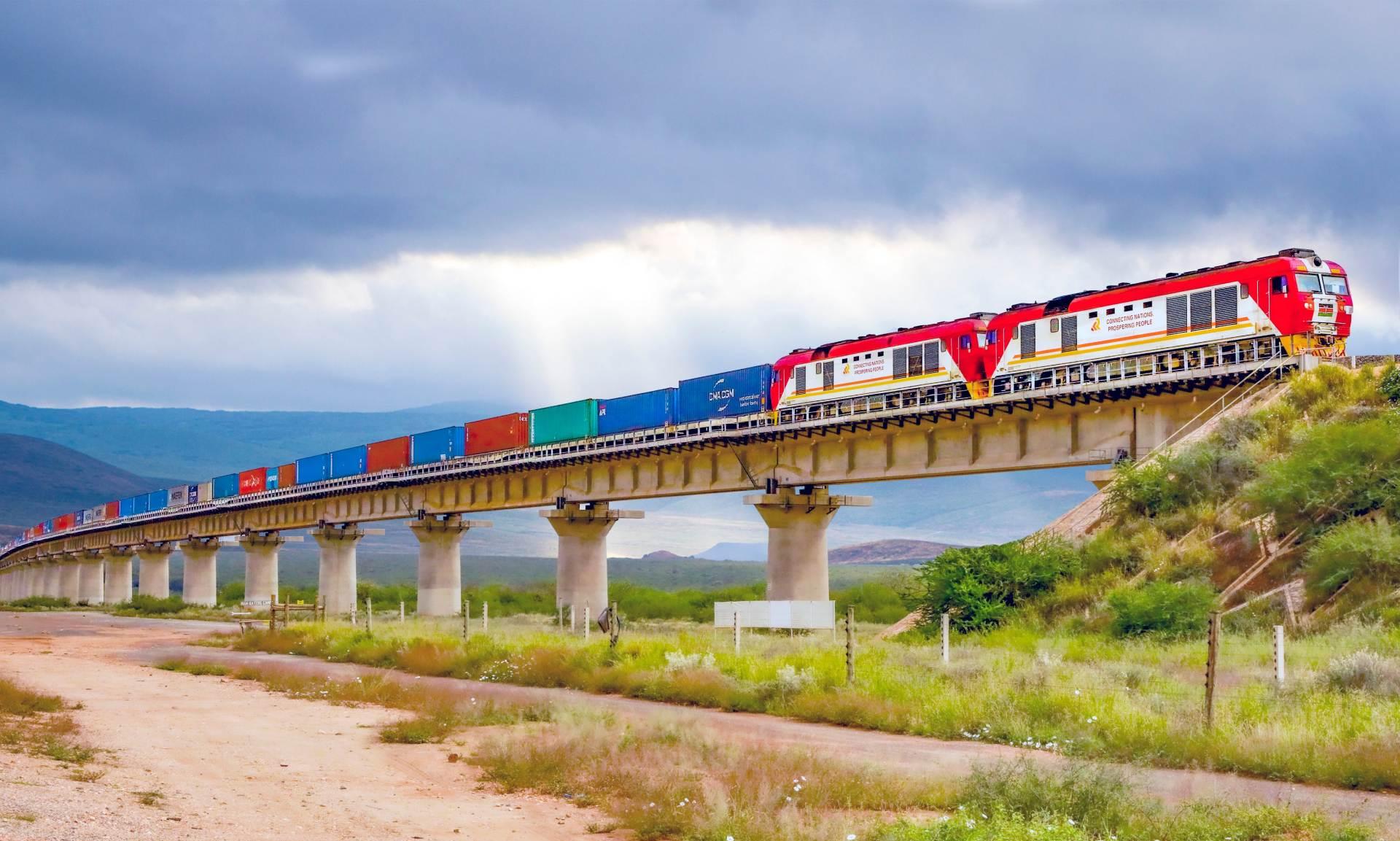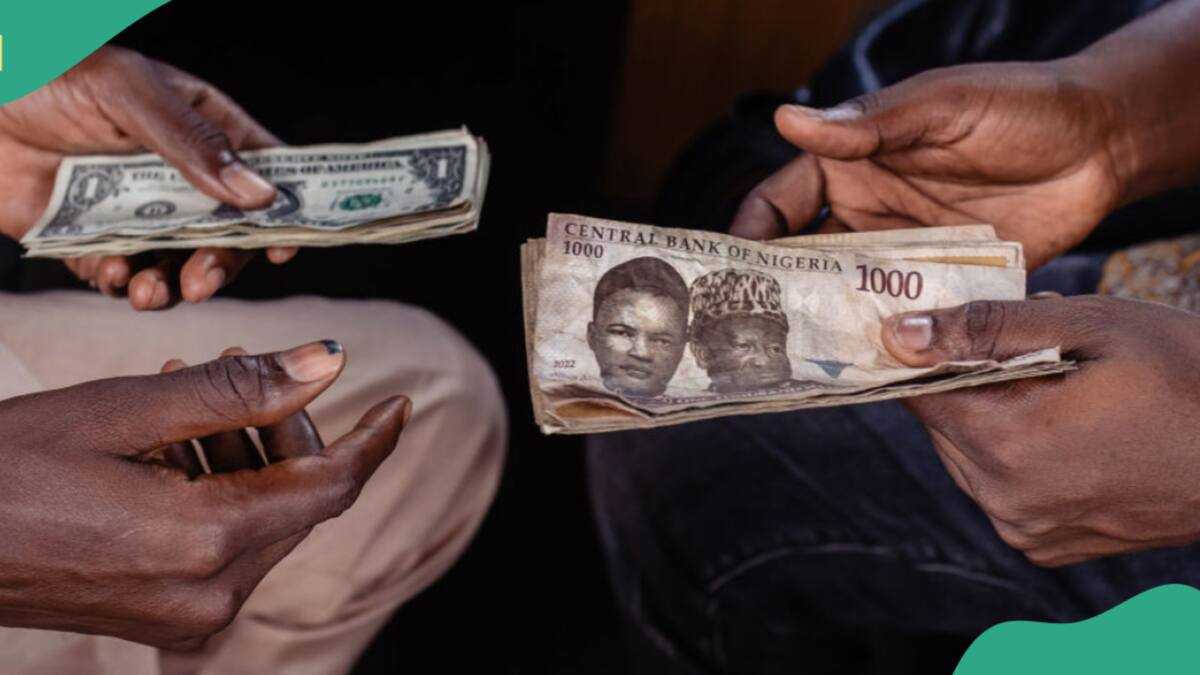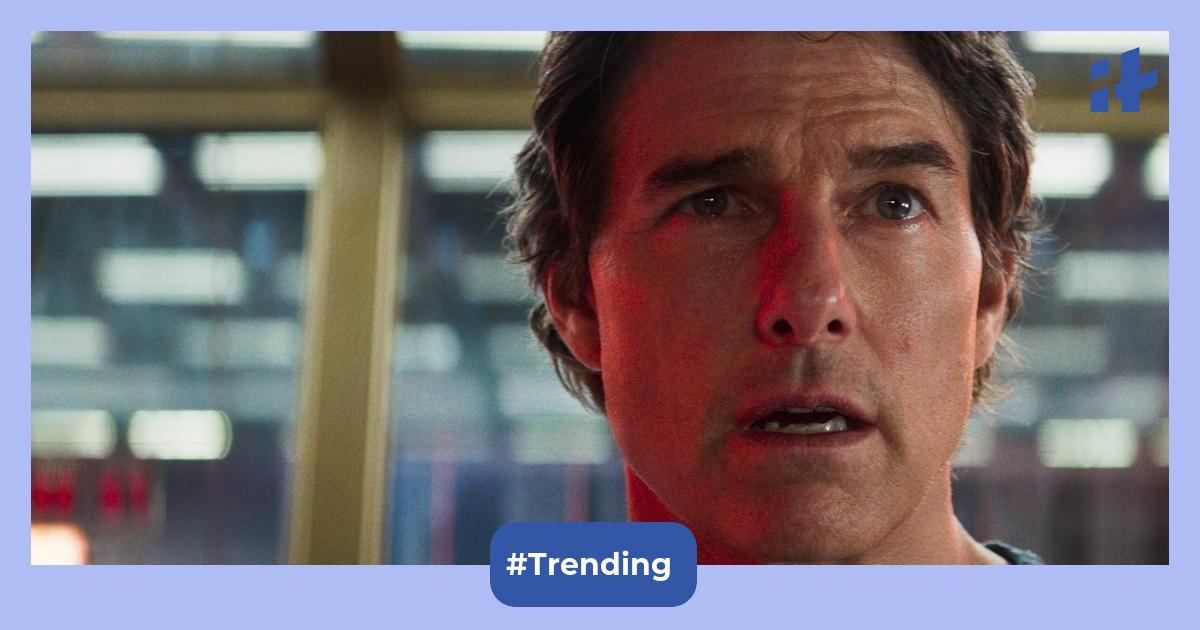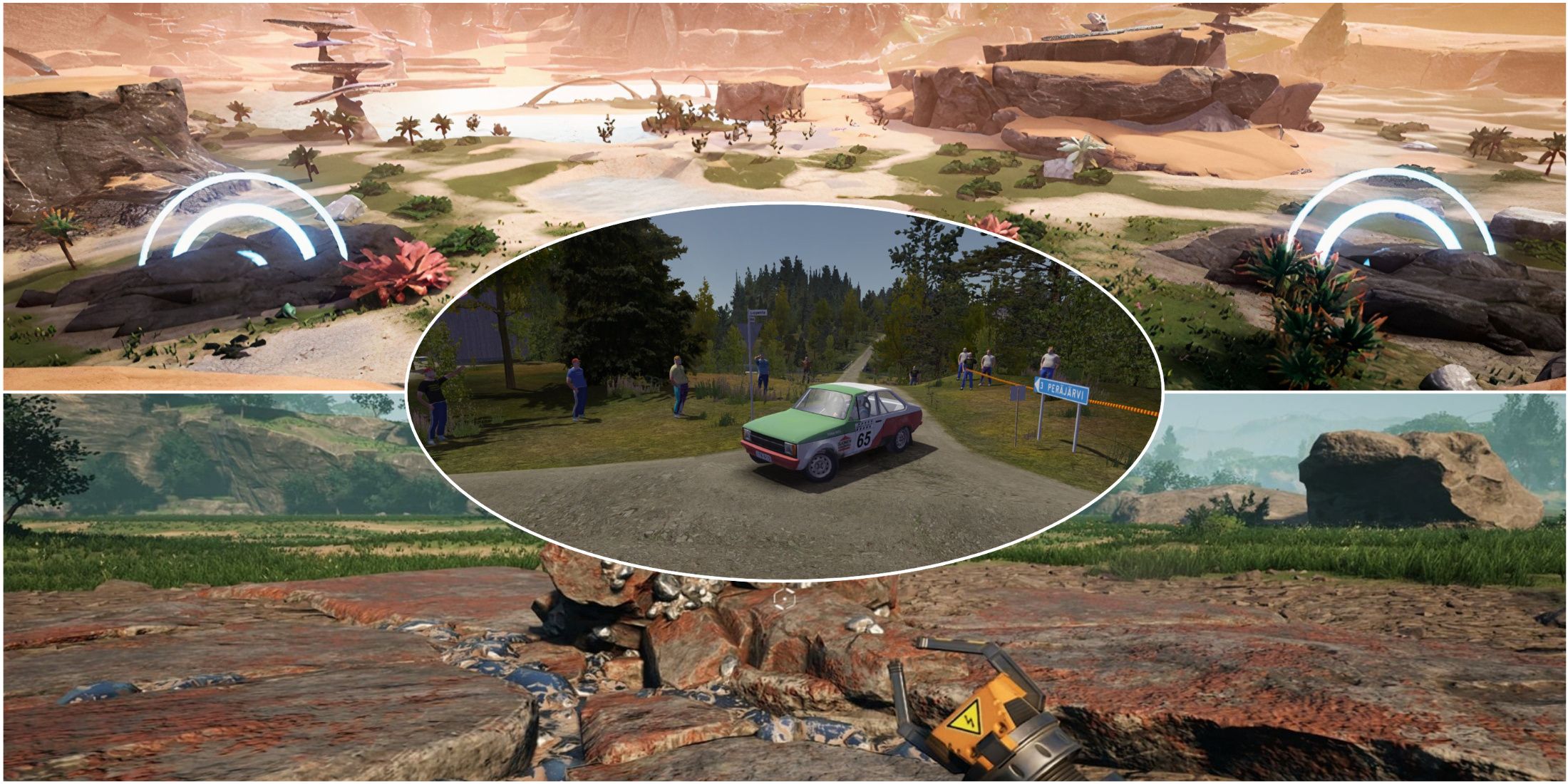Meet Toyosi Akerele-Ogunsiji, a highly respected social entrepreneur, policy advisor and AI for Development expert in Africa. As founder of Rise Networks and Rise Interactive Studios, Toyosi has dedicated her career to empowering young people across Africa. In this interview with Weekend Trust, Toyosi shares insights into her groundbreaking project, MAKEMATION, a film that showcases her revolutionary approach to AI and creative storytelling.
What inspired you to take the bold step of producing an AI tech-themed film?
Among the technologies of the fourth industrial revolution, artificial intelligence has the most transformative potential. For me, making AI knowledge more accessible meant delivering it through platforms that resonate with everyday people, especially the youth. Our young people are glued to music, movies, social media, TikTok, Instagram, and Snapchat. So, I thought, why not use film as a platform to bring AI awareness to a wider audience. Makemation isn’t just an aspiration; in very concrete terms, it is Africa’s pioneering cinematic project centred on AI. This film has truly marked a new chapter in African storytelling.
Creating Africa’s first feature film on artificial intelligence is quite daring. Did you ever worry the audience might not understand it?
What excites me the most is that Makemation blends human creativity/capability and tech – the film is not wholly AI-generated; it’s a combination of live action and generative AI so people still get to see their star actors like RMD, Ibrahim Chatta, Chioma Chukwuka, Shaffy Bello, Ali Nuhu and co. in human form. The film features advanced AI elements, including generated robots created using Google’s large language models and even the music and opening visuals benefitted a lot from AI tools. The feedback has been overwhelming, with families going in droves to cinemas and young viewers feeling deeply inspired. A ten-year-old told us the other day that the film taught him to never give up on his dreams and that if he works hard, he can become anything great in the world. Makemation is a moving portrait of how AI and other emerging technologies are reshaping everyday life through the eyes of young Nigerians, and this explains why it has struck a powerful chord across the country. It’s not just entertaining; it’s sparking real conversations in living rooms, classrooms, and boardrooms alike. The widely positive responses from audiences, many of whom saw their realities reflected on screen for the first time in a story like this, reveal something deeper: a growing hunger for bold, relevant storytelling that speaks to the now.
Corpers whom we went to show sections of the movie in NYSC Camp the other day said they went through a mind-bending experience and can now see the possibilities of innovation changing their lives and pathways to a bright future. It’s shifting how people think about STEM, because it’s no longer abstract – Makemation simplified it so wholesomely and has now made it fun, relatable, and essential.
Are you concerned that while we may have the intelligence to innovate, some young people are misusing technology for negative purposes instead of productive ones?
Absolutely, it’s something I reflect on very often. While I’m concerned about its misuse, I also see the opportunities it has to propel Nigeria forward, and I believe we shouldn’t just play catch-up on the global AI stage. Some young people are exploiting technology for dishonest gains, but in this same environment, top-tier start-ups are springing up daily. It’s necessary to focus on the good of Nigeria and Africa rather than to dwell on only the negatives. As you know, Nigeria is home to most of Africa’s tech unicorns, so we can’t define our entire youth population by the actions of a few.
Your cast cuts across actors of different ages and generations, majorly the Gen Zs. Was that your intended target audience, or did you aim for a broader reach?
It’s not even just the cast, but even the crew was mostly made up of brilliant young professionals. As producer and executive producer, for me, empowering the cast and crew to take ownership and giving them creative autonomy was a crucial and strategic decision. Makemation’s language, shooting style, cinematography, colour grading, editing, technical art direction and cultural elements made the film very relatable and it’s because the cast and crew believed in the movie, given how exciting and novel it is as a first of its kind on the continent. My director was only 27 when we started making this film in 2023, while the production manager just turned 25. My co-screenwriter is 26 now and these are young people that have proven that with trust, resources and a production leadership that believes in them, they can deliver excellence and transform the continent with their talents.
Producing a movie like yours must have cost a lot; how much would you say you spent on production?
Honestly, producing this movie took a toll on me – mentally, physically and emotionally. The investment of time and resources – human, material and financial – was substantial. This is a really good time to thank our partners and sponsors who stepped in and saved the day because this was such a hard and expensive movie to make. Nothing in my entire career journey has ever tested me quite like this project. But the reward, seeing it come alive on the big screen and, of course, the reactions, undoubtedly, are priceless.
Looking at the future, what role do you think artificial intelligence will play in shaping Nigeria’s future, especially for the younger generation?
AI holds tremendous potential, but without a solid action plan, it could also pose new challenges, which is why discussions around governance, regulations, ethics, and responsible use are vital. Nigeria is still in the early stages of adopting AI, and Makemation aims to bridge this gap exponentially. However, AI won’t resolve underlying issues like electricity shortages or inadequate infrastructure in schools. STEM education is a key facilitator, so integrating science, technology, engineering, and math into every student’s education will equip them to tackle real-world problems.
In the Makemation film, our team at Rise Networks created real-life projects that we used to show students in the filmmaking and using simple AI-powered devices to combat diseases, predict traffic congestion, and enhance agricultural practices. Our goal is to raise a generation that’s curious and solution-driven, using film as the familiar channel of interaction.
Many are afraid that with the coming of AI, they will lose their jobs. What do you have to say to those people?
It’s not AI that will take your job; it’s the person who understands AI that will probably be at an advantage over you. To the best of my knowledge as a PhD researcher, AI will never be able to replace human emotional intelligence, critical thinking or creativity. We, however, need to upskill rather than live in fear of AI. I encourage people not to outsource their critical thinking to ChatGPT. That’s dangerous in the short and long term. AI will automate tasks and make us think on our feet, but it cannot eliminate humanity.
Should we expect a sequel, a series, or perhaps a completely new creative project?
I will certainly make more films; that’s a given. I’d initially considered a series, especially because there are so many issues I would like to see come alive in film – deep, complex subjects rooted in our realities and communities. Now, with the glowing reviews about Makemation, a sequel is coming. Some people were sceptical, questioning Nigeria’s ability to produce an AI-themed movie when we’re still grappling with ordinary electricity, but Makemation has proven what is possible when human ingenuity, grit, research and collaboration come into play. It’s a soulful piece of work, made with love, respect and devotion to our audience. We’re putting the world on notice that Africa is capable and ready to sit at the table in terms of contributing to the global artificial intelligence agenda through our innovation, film, music and policies. Africa has received aid for so long and it’s time for us to move from consumers of innovation to trendsetters and producers.







